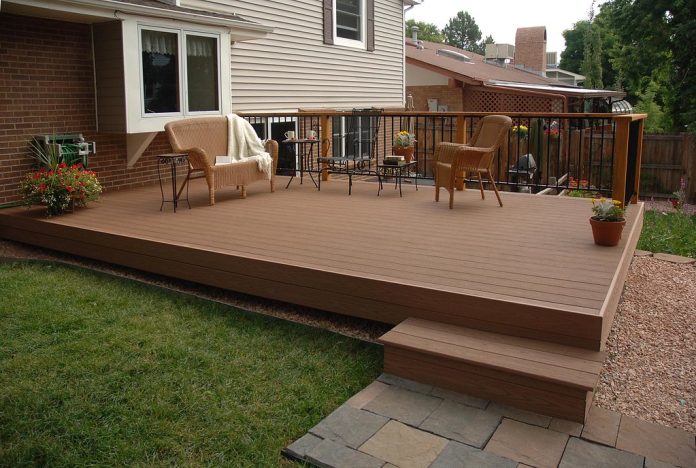You’ve decided it’s time to build a new deck, but you’re not sure whether you’ll do it yourself or hire a professional. Decking alternatives have grown in popularity in recent years due to the availability of cutting-edge composite plastic and wood components that may be utilised to build your deck.
Even though the cost of composite materials is often more than that of wood, these materials have the capacity to endure longer and need less maintenance. Despite being more durable, composites may not have the same colour or look as natural materials.
In Melbourne, composite decking boards are witnessing substantial development in the business. Synthetic wood decks presently account for 5% of the deck business, and its percentage is gradually increasing.
There are many aspects to consider when picking between composite and wood for your future deck, including cost, upkeep, how long the deck will endure, and aesthetics. Before making a purchase, it is critical that you review the following list of benefits and drawbacks.
Some Advantages of Using Composite Decking
- One of the advantages is that it needs less maintenance. Those considering natural wood must measure the advantages against the upkeep needs (regular staining and painting, as well as the replacement of rotted areas). Composites are an interesting solution in certain situations because they give an alternative to the time-consuming maintenance tasks.
- Composites are available in a variety of colours and hues. It is feasible to leave composites unpainted on the outside of your home for years.
- Most of the composite deck manufacturers employ recycled materials in their products. As a result, you can be certain that your synthetic deck will have no lower impact on the environment than natural timber boards.
- The state of the art in technical advancement is always growing. Some manufacturers now provide composite decking that is wrapped in a durable plastic which reduces the likelihood of the surface becoming mouldy, unclean, discoloured, or scraped.
Which is the better decking material: wood or composite?
Wood has a lot of advantages, including inexpensive pricing for its component materials, minimal maintenance requirements, and a natural aesthetic.
They are considerably simpler to maintain; they come in a wider range of colours; and they are more environmentally friendly.
The drawback of composite decking is that it is more costly to construct than conventional wood decking. Despite being more durable, composite decking is more expensive than wood decking at the forefront. The cost of composite materials may be up to 20% more than that of pressure-treated wood.
On the other hand, the natural beauty of a wood deck can only be achieved by using genuine wood. but it comes with regular maintenance and painting and oiling.
You will need to conduct some comparison between composite deck and timber deck material. Think about the Pros and Cons of the different options and decide which option makes more sense for your home and backyard.










